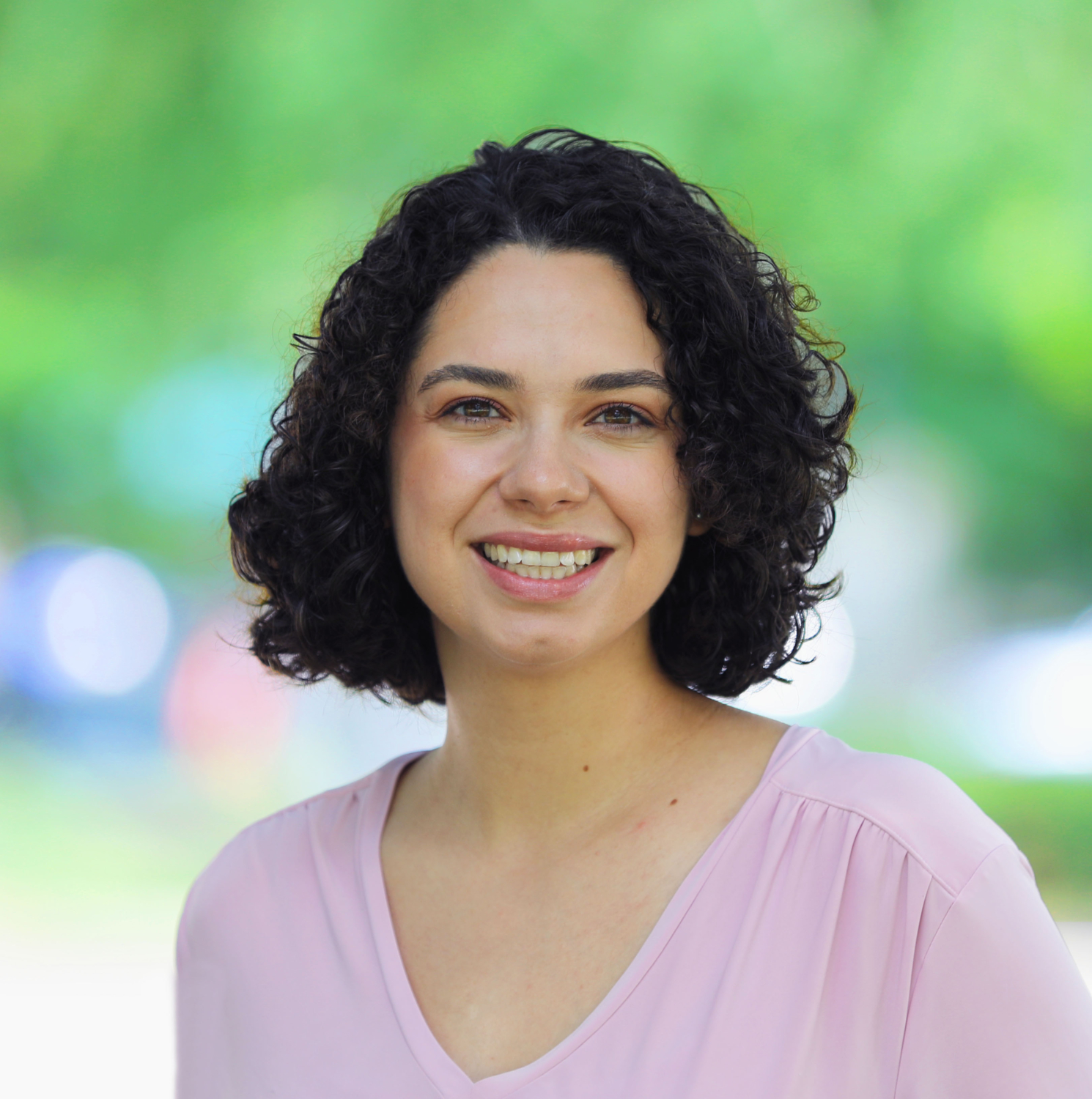Shaping Tomorrow: How YELLOW is Writing the Next Chapter of Black History
As we observe Black History Month, the spotlight often shines on the heroes of the past. Yet, leaders like Stephanie Walters remind us that history is also being written in the classroom and through the educational programs of today.
“So many students think about Black history as things that happened long ago, and granted, there are barriers that are still being broken for Black people in all career fields,” Walters, director of engagement + communications at the nonprofit YELLOW, said. “But we’re the future of Black history. We’re building the next leaders. We’re building the next presidents. We’re building the next engineers.”
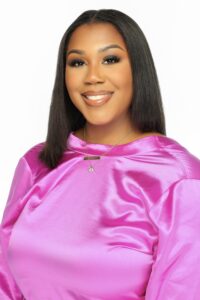
Stephanie Walters
YELLOW opened in 2021, an out birth of nonprofit initially created to host a short-term summer camp for youth from low-income families launched by record producer and songwriter Pharrell Williams. The organization, From One Hand To AnOTHER, went on to host more than two dozen camps across six states before it was dissolved and turned into nonprofit, YELLOW. One project under the YELLOW nonprofit is YELLOWHAB microschool.
“Our founder always knew that he wanted to open a school and have a longer-term impact on a child’s educational journey, one that could impact the trajectory of a child’s life,” Walters said.
YELLOW’s mission is to “even the odds through education.” This involves providing access and opportunity to those furthest removed from education.
“We have a lottery process [for the microschool]. The only three qualifiers for our lottery are that students live in the city of Norfolk, Virginia; study in one of the grades that we serve; and receive some form of public assistance. We’re trying to provide a different opportunity and experience for those that are typically left out of the conversation because starting in kindergarten or first grade, they’re already labeled due to where they come from.”
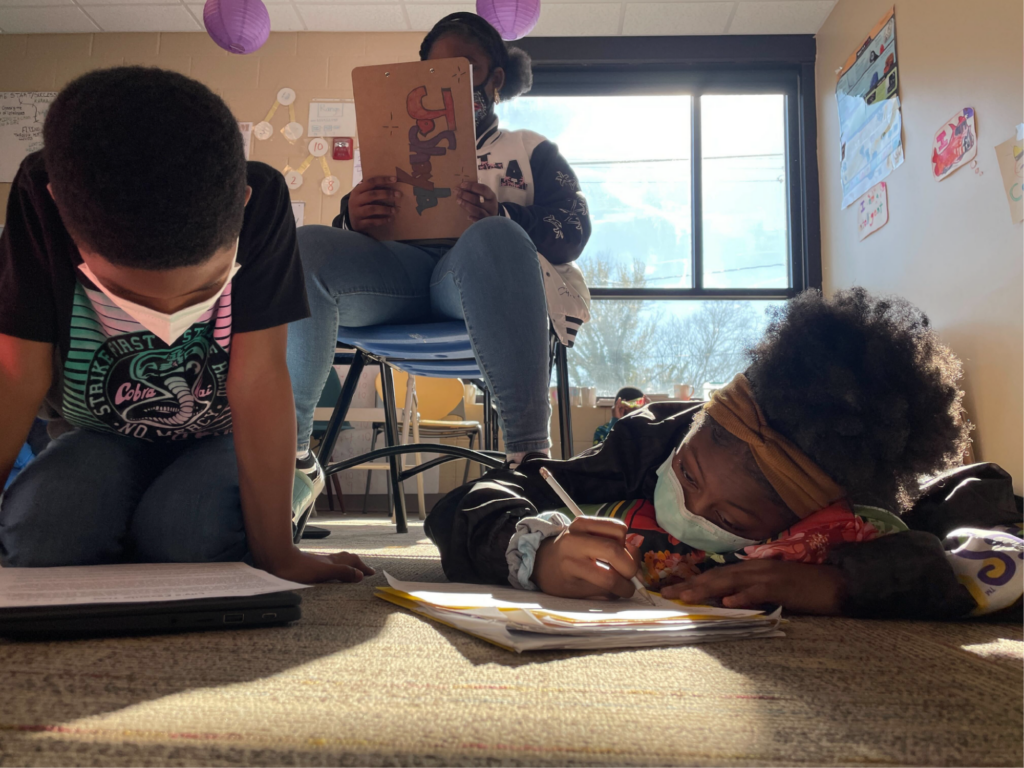
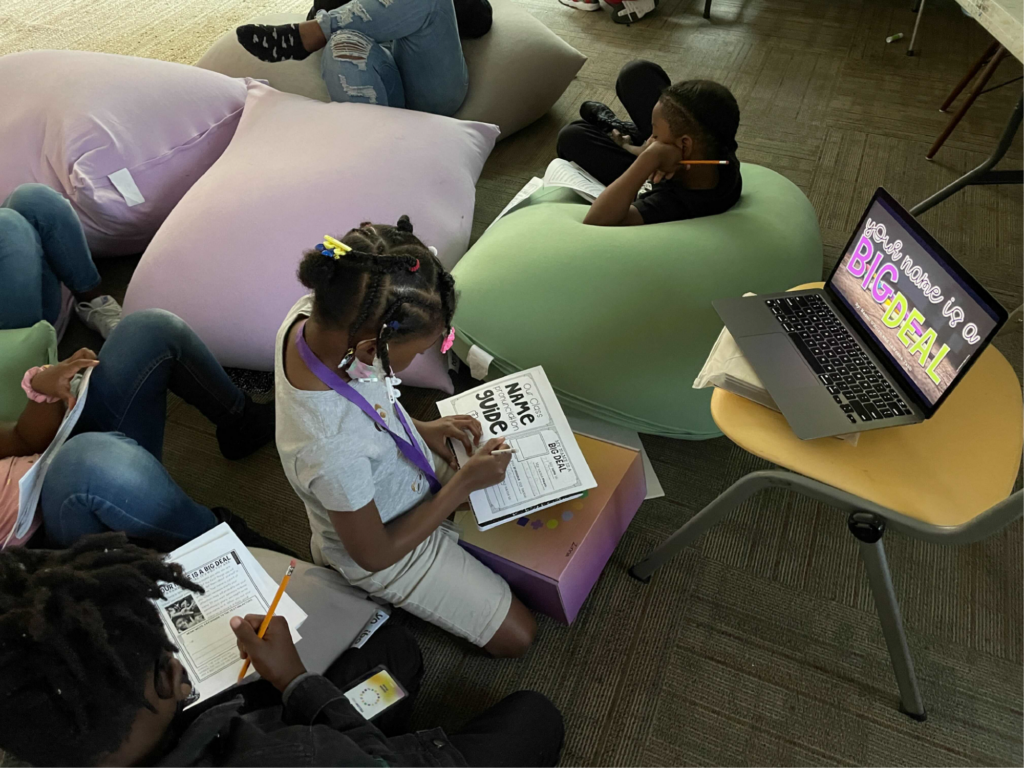
Serving 40 students in fourth through seventh grades, YELLOWHAB school is an independent microschool. Tuition is free for students, paid for instead through private donations and grants.
“At YELLOW, we are considered an independent school, so we can do what we want in a way that makes sense or switch things up in the middle of school year if it’s not working. If the (students) have some suggestions about the functionality of the day or implementation of other practices, we can implement that feedback because our educators aren’t confined to this box of ‘this is how it has to be.’ There is more flexibility, more fluidity, and more alignment with the role of education and of educators.”
The school curriculum focuses on providing students with representation of Black and minority leaders in education.
“Everybody on our headquarters team is a person of color, which is the most amazing thing,” Walters said. “We consistently amplify the voice of Black educators because they aren’t always heard, nonetheless, valued. It is really important to share that message and put Black educators at the forefront. Our founder is proud to have women of color running the organization.”
YELLOW’s commitment to diversity and inclusion has a significant impact on their students, who the school calls “explorers.”
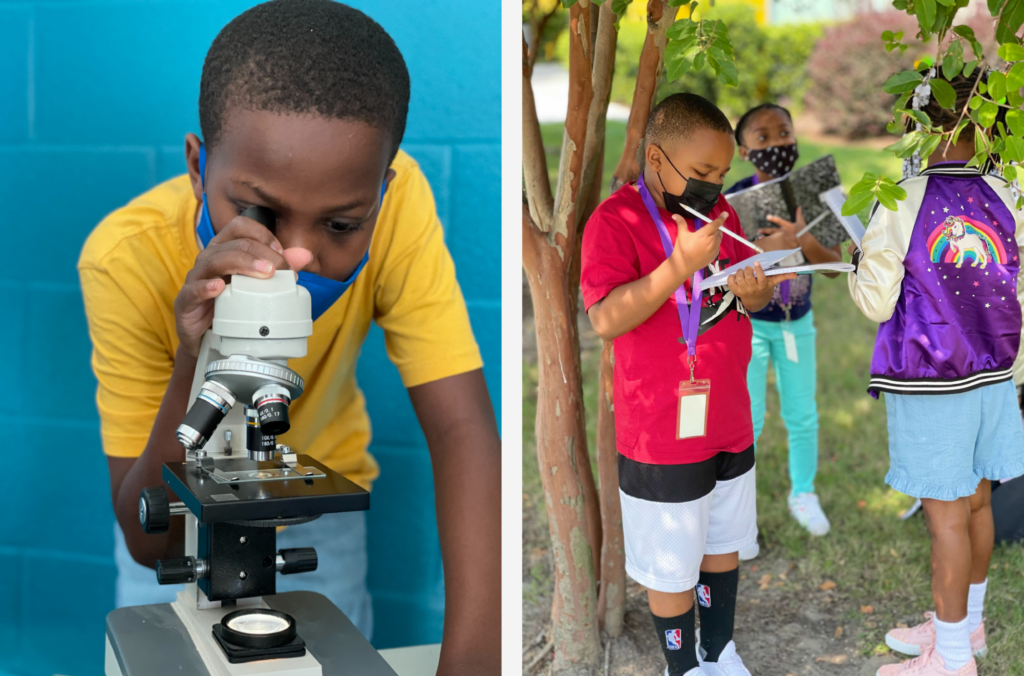
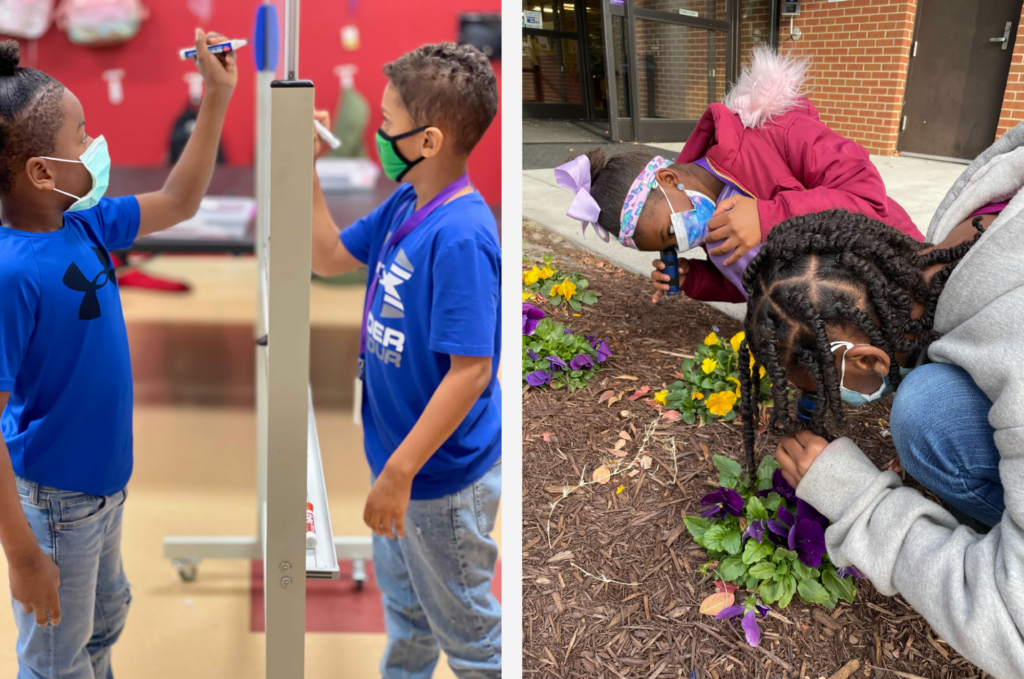
“It’s important for kids to see leaders of color because of representation and relatability. If kids can see [leaders of color], they can definitely believe [that they too can grow up to become them]. But I think the bigger connection is that they might feel more confident talking to somebody who looks like them, or who has shared experiences. For example, our site director (Principal) is from the same neighborhood as the students who attend our school. So, there’s a different level of connectivity that you can have with your students.”
YELLOW is guided by five intersecting priorities: abolish remedial, nourish youth, enlist communities, inspire entrepreneurship, and revolutionize teaching. One way YELLOW’s model enlists community and nourishes youth is through their family engagement nights.
“Every month we do family engagement nights, and that’s where we really engage our parents and caregivers. That could include aunts, uncles, grandparents, or family friends, the whole caregiver team. We host different activities that not only promote family time and fun but also promote their individual wellness and advancement.”
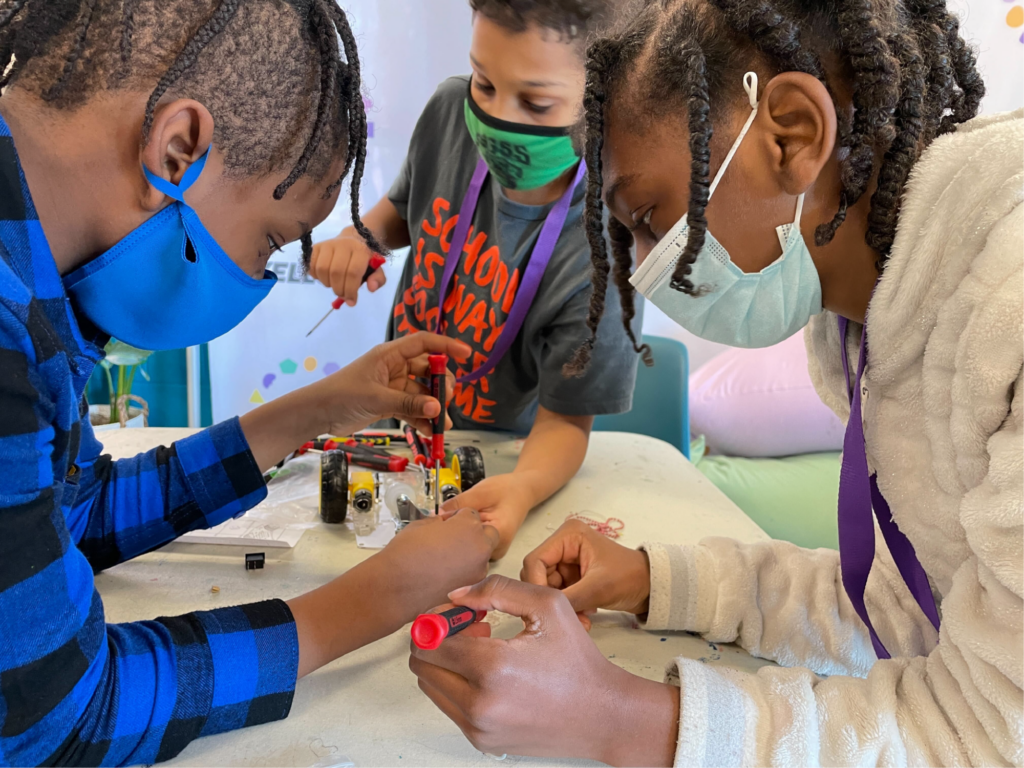
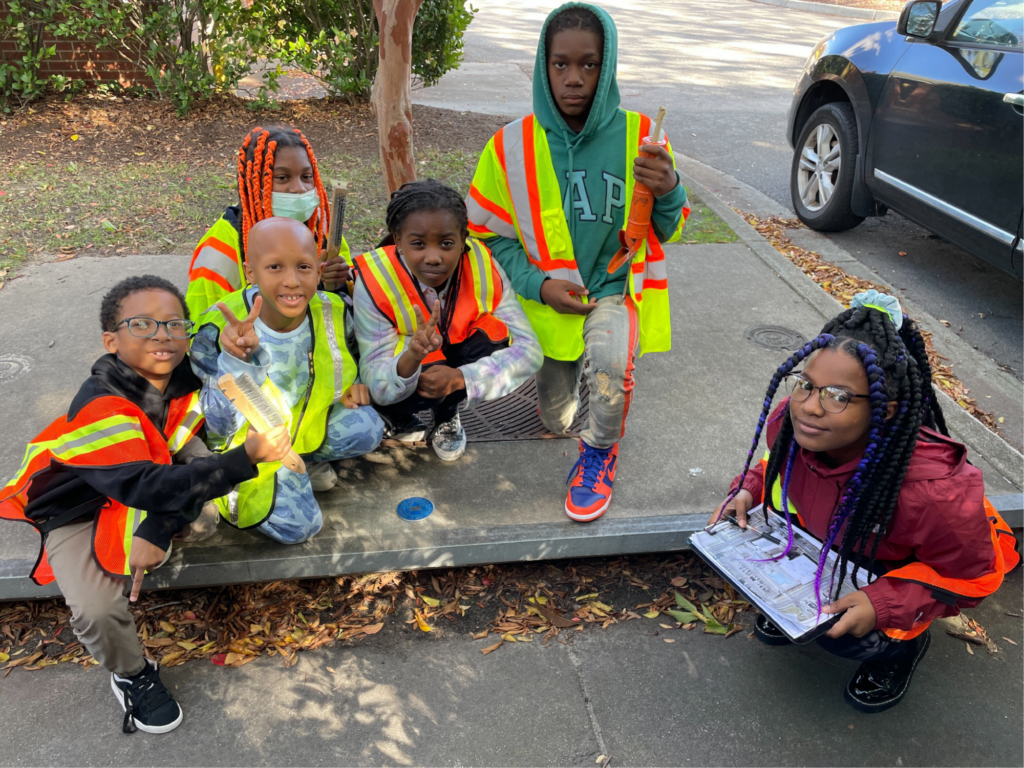
“This can look like a wellness night where they’re doing physical activities, or we’ll bring in a mental health professional or we’ll host a game night or provide career upskilling and resume writing workshops. Those are all the components that we think make a well-rounded individual which in turn helps to build a well-rounded child in terms of their educational experience, and it’s important to get everybody involved.”
YELLOW operates on the principle that choice matters for every student. “Choice is important because everybody’s different. Every child learns differently. Everybody’s background is different. And also, why not? We get choices about everything else. You go to a restaurant you get a menu of choices, or when you go to a place of service, you get choices. We started this as another option for those who have been historically marginalized for years, which is systemic.”
Still, barriers exist for Black educational leaders today.
“We face barriers including access to opportunity but also being put in a box,” Walters explained. In general, when you think about public schooling, everybody’s teaching to test. If your students don’t test well, teachers are judged even though tests don’t necessarily dictate the quality of a teacher. Also, not having the tools that they need to be able to get things done, and then a lack of parental involvement are some of the barriers that are facing them today.”
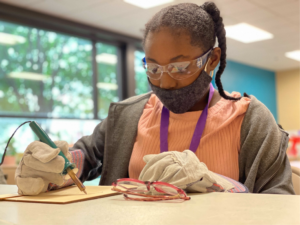
A YELLOW student completes a class project
Stories of how YELLOW has changed lives continually inspire the team to keep pushing forward.
“Some of the things that we hear from our families are that, ‘My kids are kinder; they like coming to school; they’re teaching us about kindness and wellness; and they want to get up and go to school in the morning.’ I think those are the biggest compliments to the team. Our team here is trying so hard to build a space of belonging for the explorers and make them feel like they’re heard,” Walters said.
In one case Stephanie recounted, the explorers organized a meeting to add more plant-based lunch choices, after realizing the only plant-based student only had one option. Thanks to their efforts, the school now has a more diverse menu that everyone enjoys.
“We strive to build that amplification of youth voice and letting them know their voice does matter. There are ways and guidelines and processes that you have to go through, but it is possible to make change,” Walter said.
YELLOW’s innovative approach to education, rooted in equity, representation, and community engagement, stands as a testament to the power of visionary leadership.
As Black History Month serves as a reflection on the profound contributions and enduring legacy of Black individuals throughout history, leaders like Stephanie Walters and organizations like YELLOW remind us that history is not just a record of the past but a blueprint for the future.


